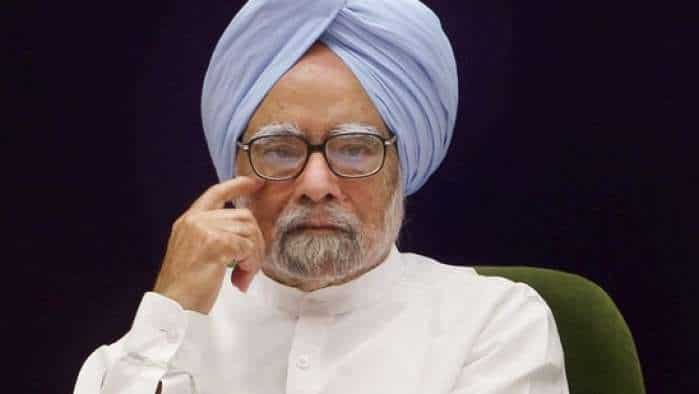Budget 2023: 66% jump in allocation for PM Awas Yojana to Rs 79,000 crore; industry states hits and misses
Sudhir Pai, CEO Magicbricks said that the Union Budget 2023 is a bonanza for affordable housing and provides the much-needed impetus towards the vision of ‘Housing for all’

The government has increased budget allocation for the PM Awas Yojana by 66 per cent to Rs 79,000 crore from Rs 48,000 crore in the previous budget. The government’s flagship scheme was launched in 2015 with an imperative to provide affordable housing to all.
The increase in budget outlay will aid companies which have exposure in the affordable housing segment in tier 2/3 cities, Aditya Parakh, Co-founder of Propcatalyst said. Propcatalyst is a tech-enabled real estate investment platform. He said that realty has shown growth in the past few years and real estate companies are penetrating deeper into tier 2 and tier 3 cities which have high demand.
Echoeing similar sentiments Sudhir Pai, CEO Magicbricks said that the Union Budget 2023 is a bonanza for affordable housing and provides the much-needed impetus towards the vision of ‘Housing for all’.
He said that 2022 saw a year-on-year increase in residential demand in cities like Bhubaneswar (12%), Coimbatore (27%), Jaipur (5%), and Nagpur (66%), amongst others, and this initiative will further elevate the livability index and appeal of these cities.
“The Union Budget has provided indirect boost to the real estate sector with enhanced capital expenditure and gift to the salaried class by providing increased disposable income at hand with the higher tax rebate,” Ramani Sastri - Chairman & MD, Sterling Developers said.
The PM Awas Yojana hike is great news in the affordable housing market and this increase in allocation will help the government achieve its goal of providing affordable housing to all and contribute to the overall growth and development of the country, he added
Reduction in compliance and relaxation of regulatory provisions is a welcome move from ease of doing business perspective and will aid the growth of the real estate sector.
The enhanced focus on digitalisation too which will create more jobs and propel demand for residential real estate across the country.
While the budget has addressed some key issues, there are currently several grey areas when it comes to schemes, taxation, funding and others where the government should provide a helping hand going forward, Sastri lamented.
It is imperative for the government to pay special attention to the real estate sector and have provisions for its well-being in the near future, he added.
The budget did not have any specific measures for the coworking sector to enable its higher growth trajectory – be it lower TDS, special tax incentive, boost to start ups etc to enable us to provide the real estate solutions at economical rates and help in better flow of working capital, Manas Mehrotra, Founder, 315Work Avenue said.
From a real estate industry point of view, the budget has been disappointing. The minister had announced SEZ Amendment Act last year, to allow domestic companies to be able to operate in IT SEZ’s which was missing this year, Sanjay Dutt, MD & CEO, Tata Realty and Infrastructure Limited said. The sector was taken aback by the capital gains set off on investment in residential homes under Section 54, which is now capped to RS 10 crore which is done to remove the speculative nature of the asset class with HNI/UHNI’s. The industry actually wanted the real estate sector as an asset class to be encouraged with investors.
He, however, lauded the budget from the standpoint of government allocation on infrastructure, higher budget allocation for PM Awas Yojana and measures on green energy.
Get Latest Business News, Stock Market Updates and Videos; Check your tax outgo through Income Tax Calculator and save money through our Personal Finance coverage. Check Business Breaking News Live on Zee Business Twitter and Facebook. Subscribe on YouTube.
RECOMMENDED STORIES
05:20 PM IST











 Budget 2024: Welfare of poor, women, youth, farmers government highest priority
Budget 2024: Welfare of poor, women, youth, farmers government highest priority Income tax: What are the 6 common tax-saving mistakes that can be avoided
Income tax: What are the 6 common tax-saving mistakes that can be avoided Punjab Finance Minister tables state budget for 2023-24
Punjab Finance Minister tables state budget for 2023-24 RuPay, UPI technologies are India's identity, says PM Modi
RuPay, UPI technologies are India's identity, says PM Modi  Chhattisgarh Budget 2023: Bhupesh Baghel to present last Budget ahead of Assembly election
Chhattisgarh Budget 2023: Bhupesh Baghel to present last Budget ahead of Assembly election